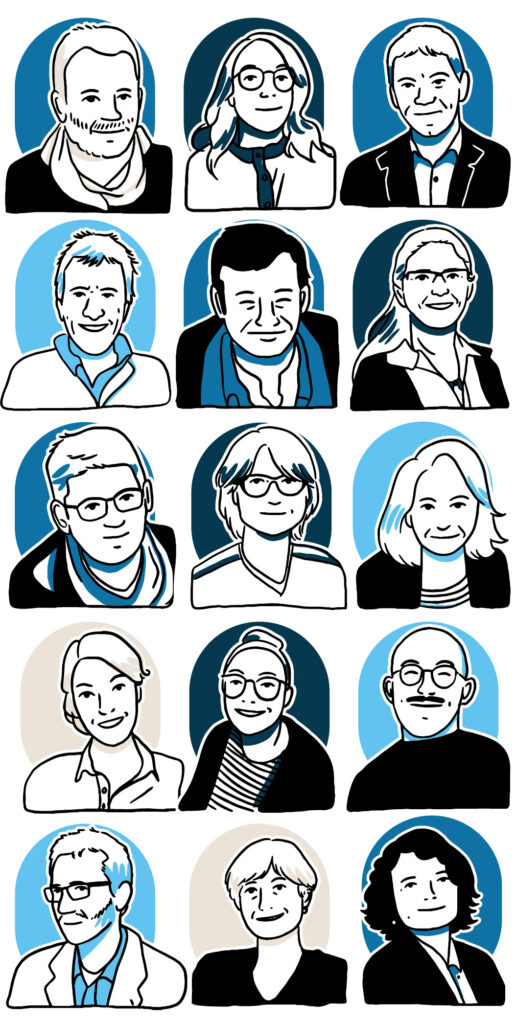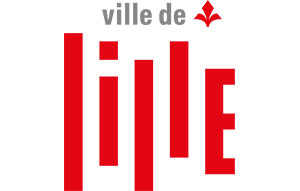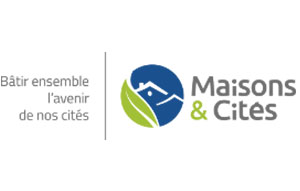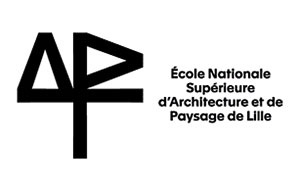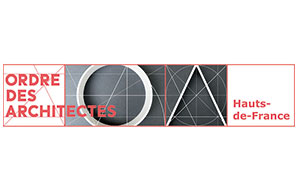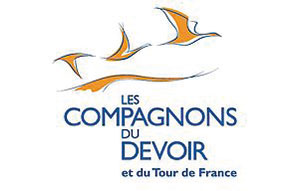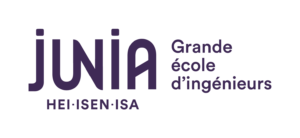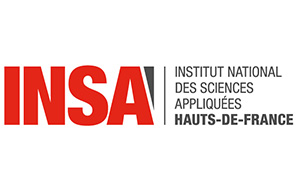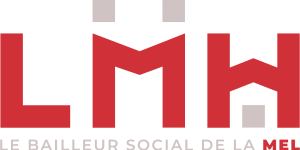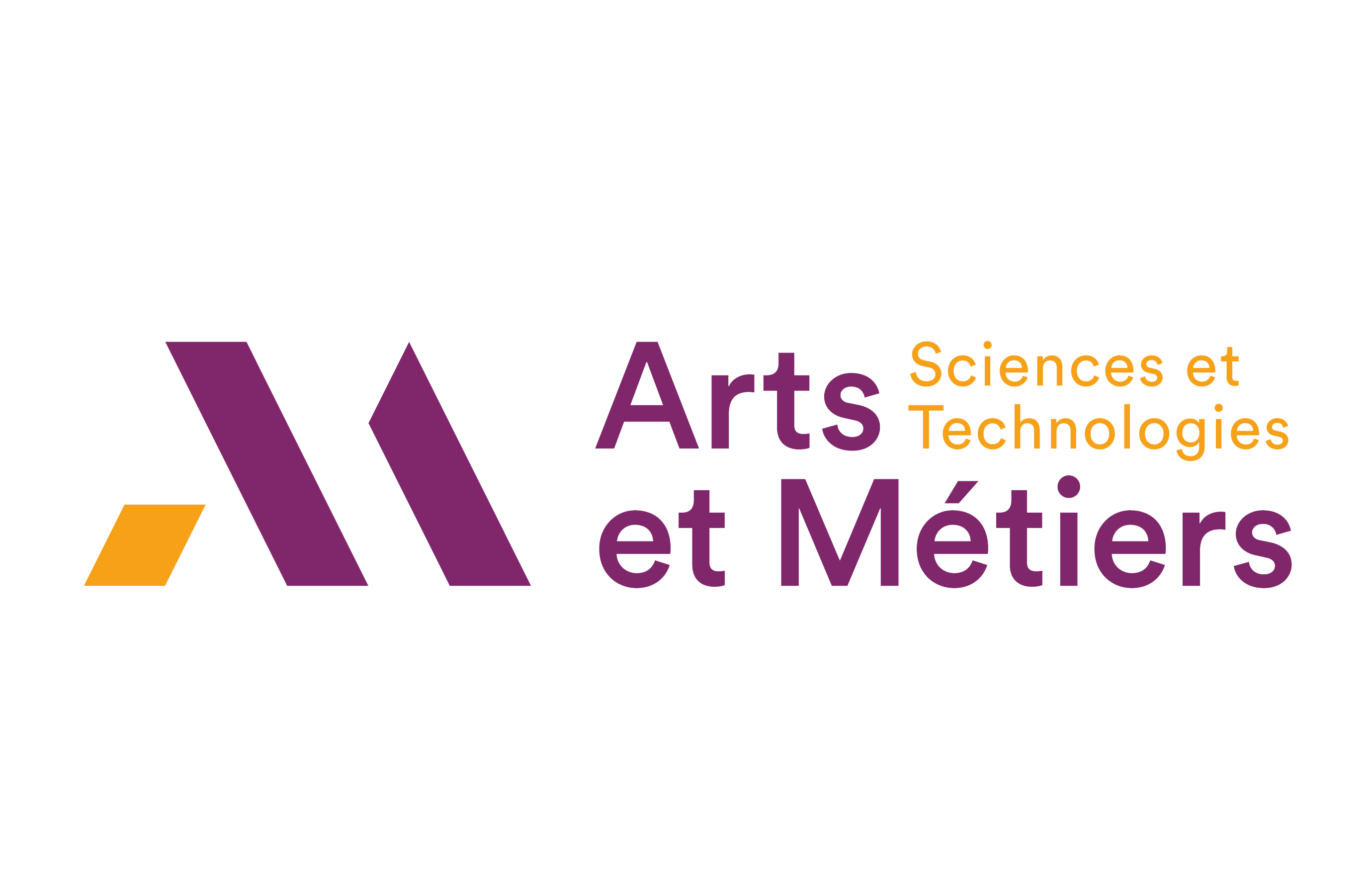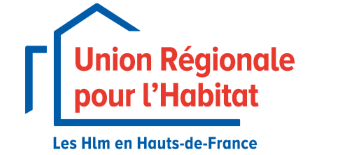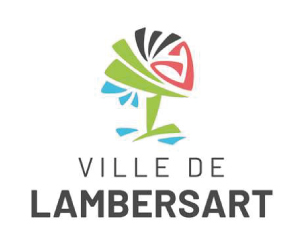Our association
Home | Our association
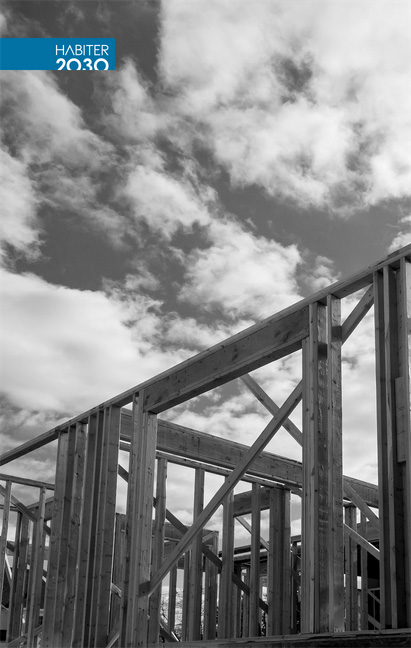
Our origins
The creation of the HABITER2030 association originates at the intersection of three fundamentals:
Expanding project design beyond traditional limits
Implementing interdisciplinarity
Bringing together stakeholders in the planning and construction of the living environment and students, teachers and researchers
It was created in 2016 thanks to the support of the eponymous Habiter2030 team as part of the Solar Décathlon Europe 2019 competition on the subject of the BBC renovation of 1930s housing.
The founding members aim to bring together different perspectives: interdisciplinary academics, building experts, urban planners and those from the worlds of architecture and construction. In July 2019, the team supported by the association won the competition. Its broad goals and unlimited timeline have allowed it to extend its impact beyond this project.
Our purpose
HABITER2030 brings together different training and research institutions, collectives, companies and professional organisations. Its purpose is to support interdisciplinary educational, training and research projects for the creation of the living environment, in particular those that respond to the new uses and challenges of technical, economic, societal and operational transitions that accompany North European economic developments. The projects supported by HABITER2030 address issues of general interest.
The main beneficiaries of the Association are students of training and research institutions and members of member structures.

Our association brings together:
schools
members
Legal persons
Natural persons
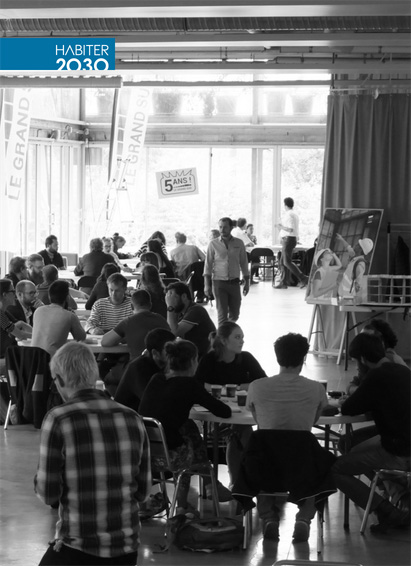
Members and partners
The HABITER2030 association is organised around the following 5 schools:
School of academics
School of institutional public actors
School of developers, landlords, promoters
School of federations or professional organisations
School of natural persons
The association counts, in 2024, 16 members including:
12 legal persons
4 natural persons
The association benefits, in 2024, from financial support from:
La Métropole Européenne de Lille


Our members
Governance
The HABITER2030 association includes several bodies:
The General Assembly
The General Assembly brings together all members and, depending on the agenda, partners or guests, once a year to:
- Approve the statutes (in the Constituent General Assembly) and the internal regulations of the Association (in the ordinary General Meeting)
- Approve the terms and amounts of contributions
- Hear the President’s report
- Ratify the accounts and financial reports reported by the Administration
- Approve the main directions reported by The Board of Directors
- Recognise new memberships
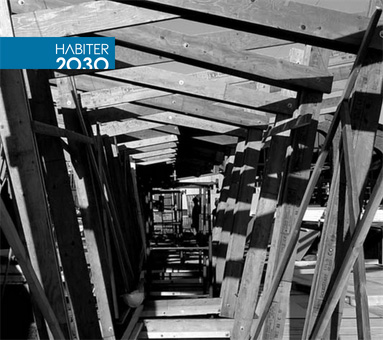
The Board of Directors
The Board of Directors of the HABITER2030 association meets at least 3 times per year to:
- Define the policy and strategy for project support
- Identify the projects that fit into the Association’s goals
- Formulate the main directions to take for the supported projects
- Establish the budget and annual accounts of the Association
- Determine the funds to allocate to the different supported projects
- Elect its President and the members of the Administration
- Give its directions to the Administration who will implement them
- Validate hiring principles
It is composed, in 2023, of the 13 following administrators:
- The Conseil de l’Ordre des Architectes Hauts-de-France, represented by Mrs Béatrice AUXENT
- La ville de Lille, represented by Mrs Anissa BADERI
- Maisons&Cités, represented by Mr Jean François CAMPION
- Villogia Logifim, represented by Mr Fabien LASSERRE
- L’École Nationale Supérieure d’Architecture et de Paysage de Lille, represented by Mr Vincent DUCATEZ
- Les Compagnons du Devoir et du Tour de France, represented by Mr Jacky JOYAUX
- JUNIA, represented by Mr Stéphane BALY
- INSA Haut-de-France, represented by Eric DELACOURT
- EDF, represented by Mr Philippe CERS
- Mr François DELHAYE
- Mrs Agnès DÉMOTIÉ
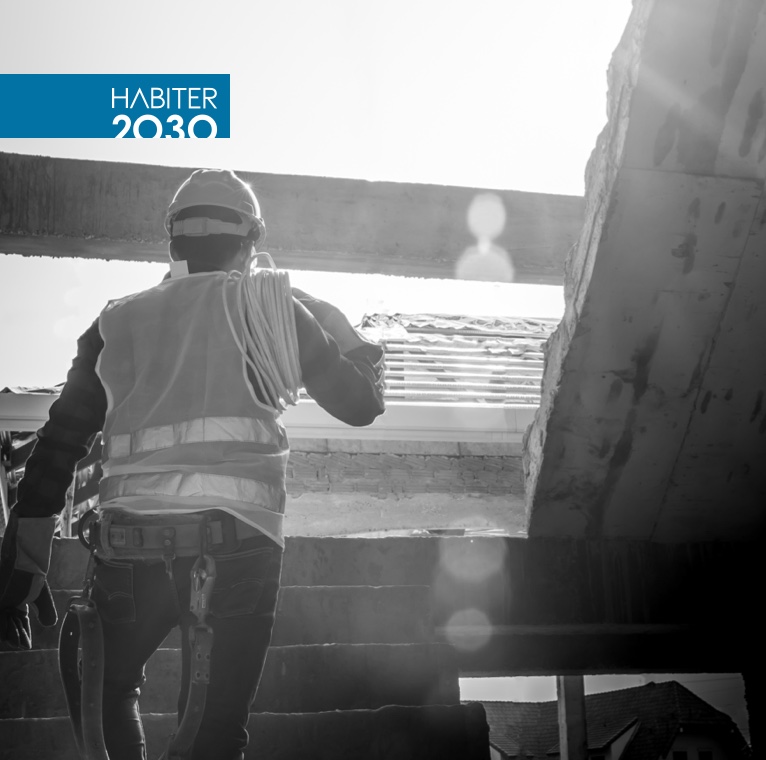
Administration
The Administration, the executive body of the association, meets as needed to ensure the regular management of the structure. It is composed, in 2024, of:
- Béatrice Auxent, President
- Vincent Ducatez, Vice President
- Agnès Démotié, Treasurer
- Philippe Cers, Secretary
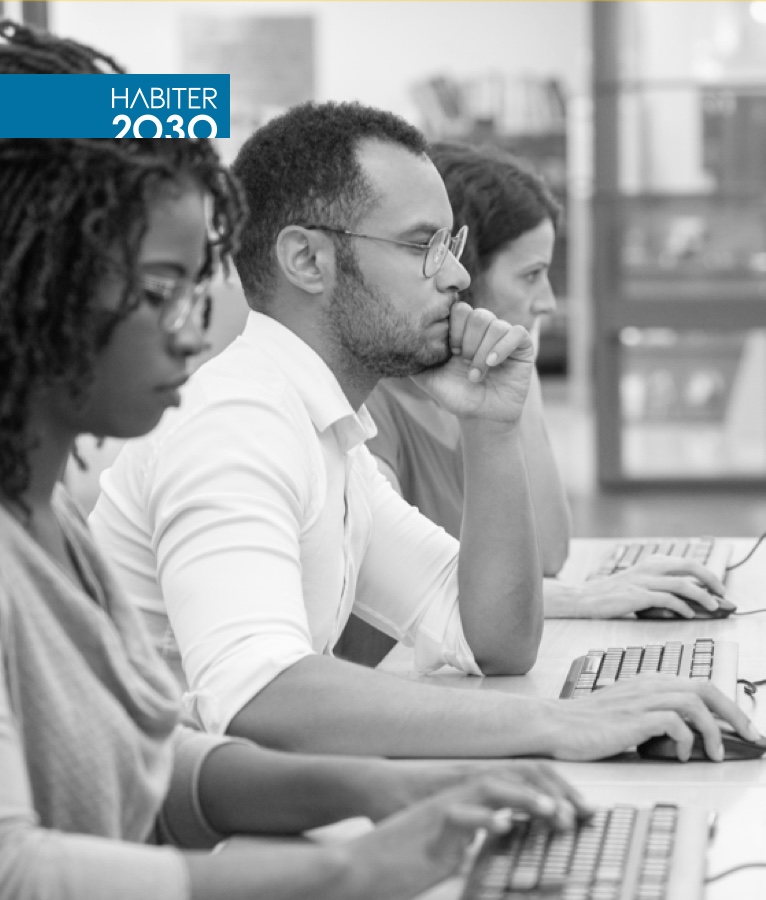
Working Groups
In addition, depending on the initiatives in progress, thematic working groups are formed. They assemble volunteer members every 6 to 8 weeks. In 2021, 3 working groups were created:
- The “Strategy” Group, working on the association’s strategic plans and ensuring the supervision of its positioning, financed by Région Hauts-de-France and led by the transition advisory board of AUXILIA
- The “Transition” Group, working on the conditions and means of translating the strategies developed by students within the framework of Solar Décathlon Europe into real assets (of landlords, developers or owner-occupiers)
- The “Deployment” Group, working on the deployment of a physical location, in which students, partners, laboratories, etc. will be able to continue research on the rehabilitation of 1930s housing
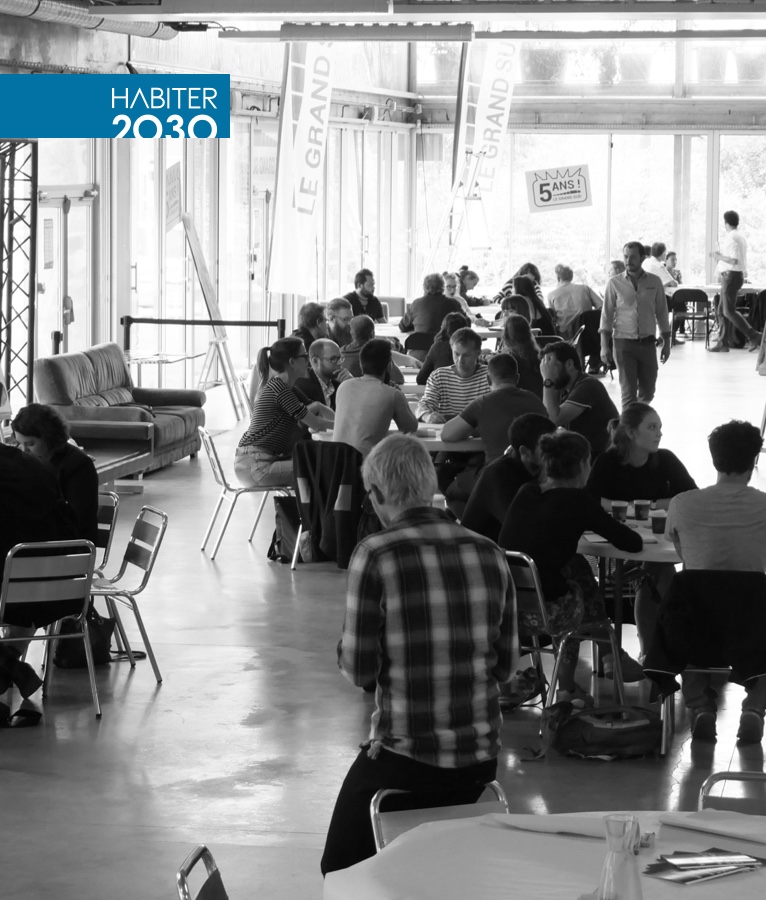
Service Providers
The association brings together people with complementary skills. Here’s a sampling of expert actors providing services to HABITER2030:
- Pascale Sannier, shared values and resources.
Pascale Sannier’s mission rests on two pillars: administrative and financial management on one hand as well as the search for developmental and operational resources for the supported actions and projects. Pascale is committed to social and solidarity economy projects, and she recognises the association’s values of collaboration and knowledge sharing.
- Dométhilde Majek and François Jégou, design of public politics.
Dométhilde Majek and François Jégou are among the designers who guide working groups, facilitate conversations, and support the production of results alongside the Board of Directors. They bring ideas closer to achievements, citizens to their needs, elected officials to the field, and local services closer together. Alongside them, project development is a shared pleasure.
- Denis Plancque, the gateway to inter-member relationships.
Even as a student, Denis Plancque was involved from the beginning of SDE2019 (Solar Décathlon Europe 2019). His passion for architecture, familiarity with the university system and knowledge of the association’s members explain his investment in the organisation of the Méta Plateau Projet, the first university/member event since SDE2019. The success of the first Méta Plateau Projet contributed to the renewed success of HABITER2030.
- Lucie Cambianica, connecting us to European projects.
Her scholarly and professional trajectory connects her to issues of housing in all its forms. From Vietnam to the Hauts de France, Lucie works with tenants, interested in the sociological, technical, urban planning, and social aspects of housing. With a Master’s from the Institut de l’urbanisme de Lille and ENSAPL, she offers a complementary perspective to the team for major urban projects with an alternative approach that’s particularly interesting in the context of the European Upcycling Trust project.
- Caroline Chauveau, the window open to the digital world.
Choosing local and the “not ordinary” sets the direction of this communications agency based in Lille. Its geographic location and ethical commitments set the stage for a partnership between HABITER2030 and Caroline from the beginning of the SDE2019 adventure. Caroline was entrusted with the image of the association from its visual identity to its website and all its graphic creations.
- Adeline Macé, the association’s storyteller.
To tell the story of the association, its projects, learnings and events, a writer was needed. Someone to listen and understand what’s happening, what’s at stake, what matters to create content for social networks and the site. Adeline’s goal: to tell the story of HABITER2030’s projects so that they live before, during and after events.
